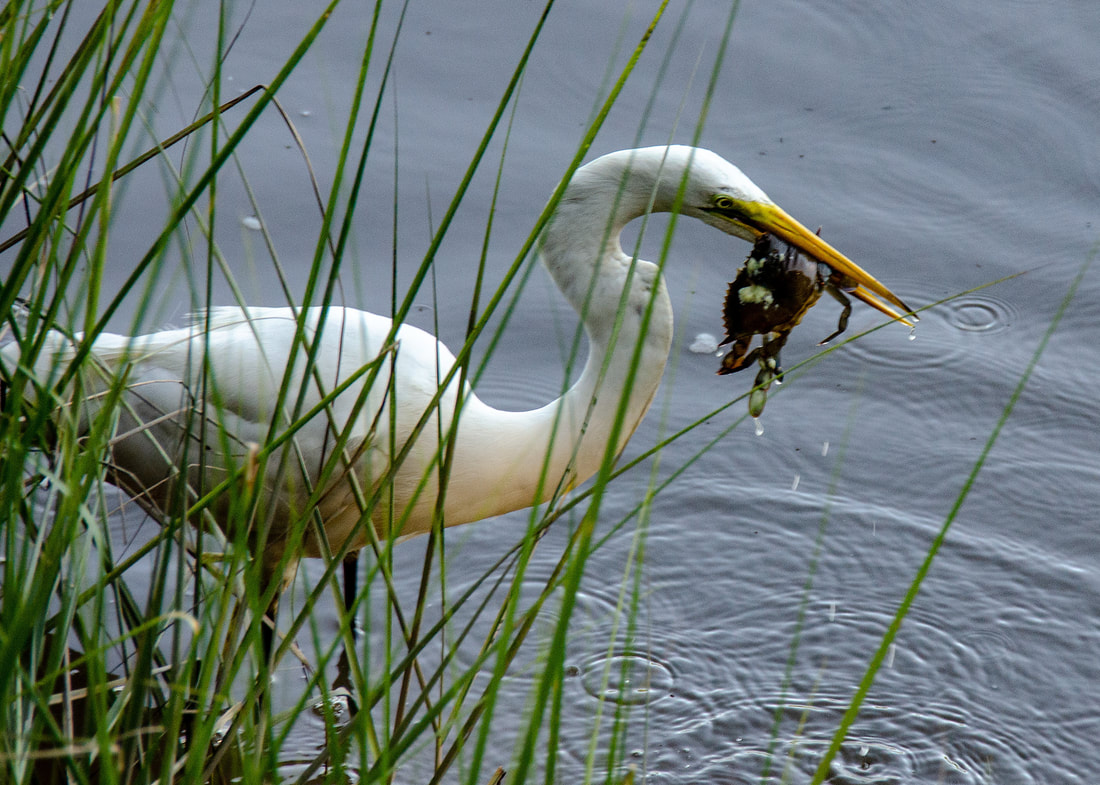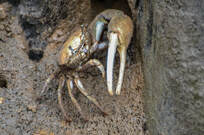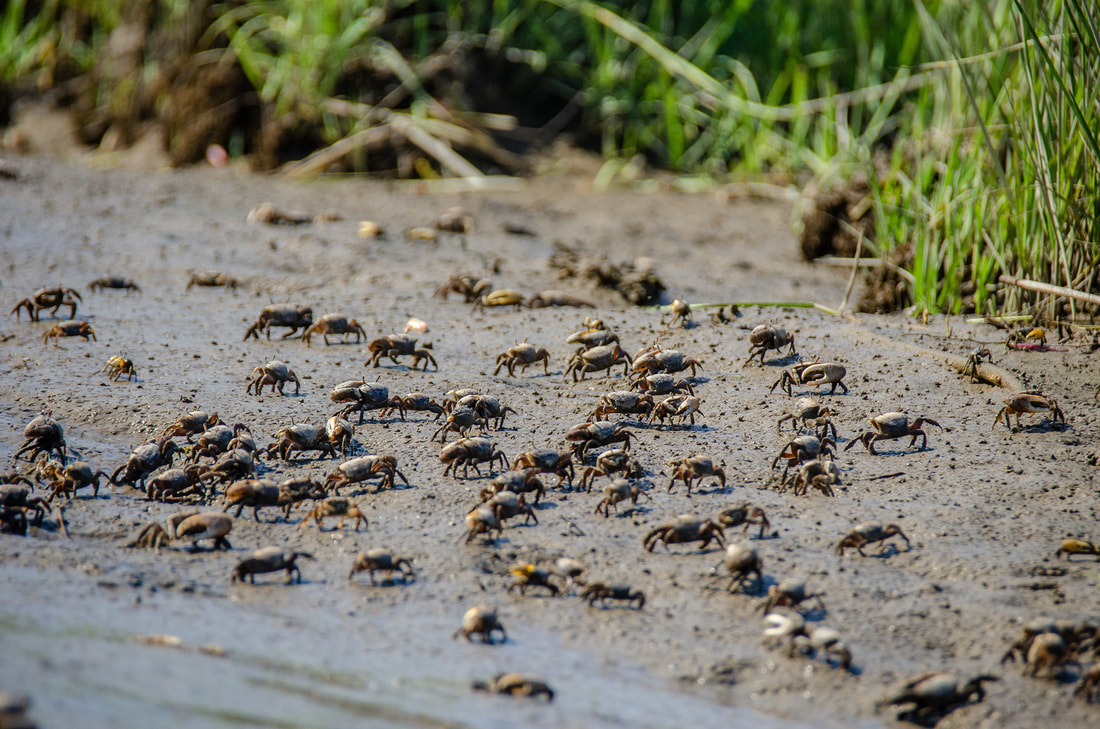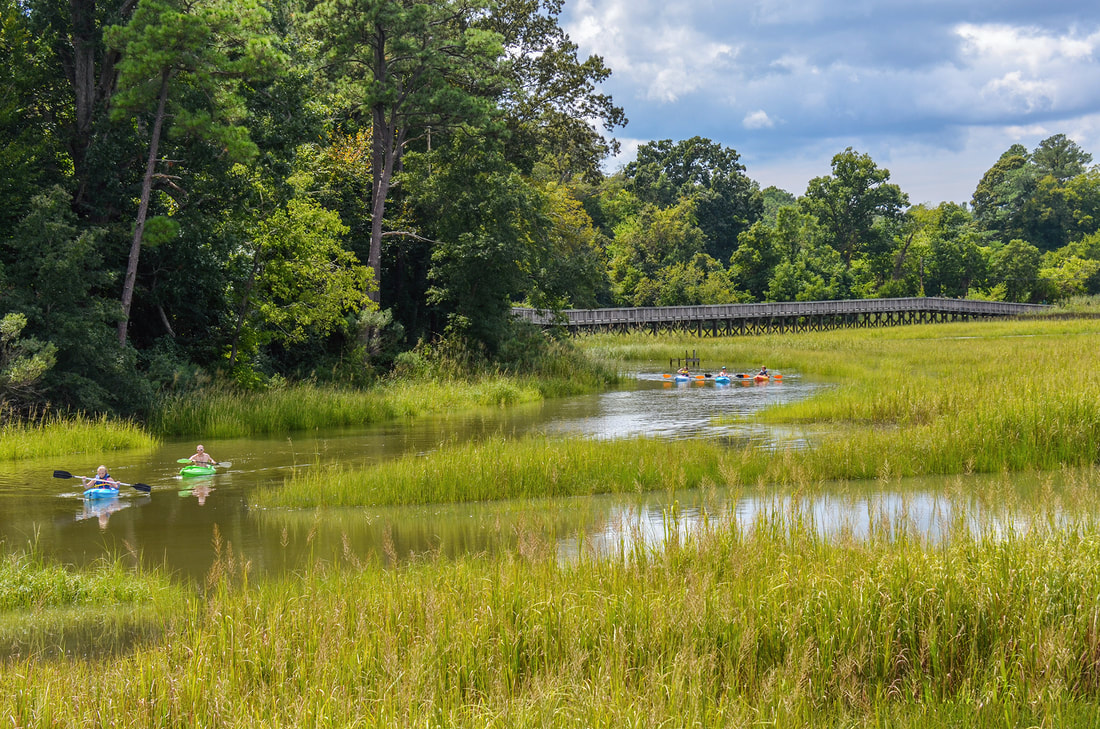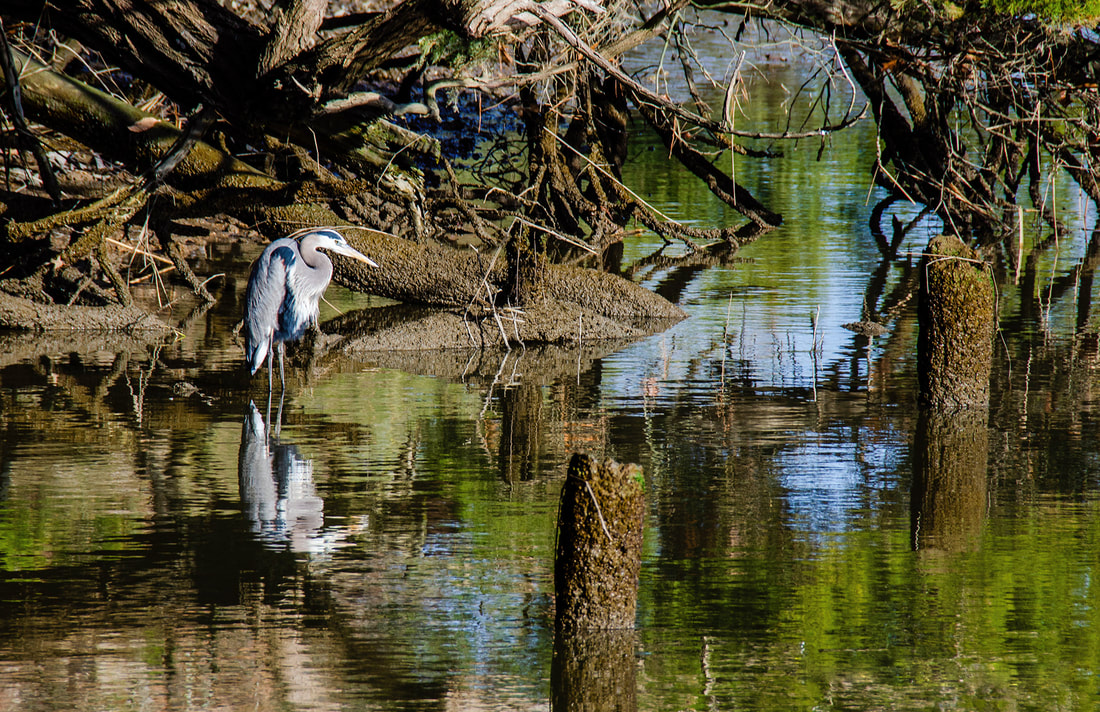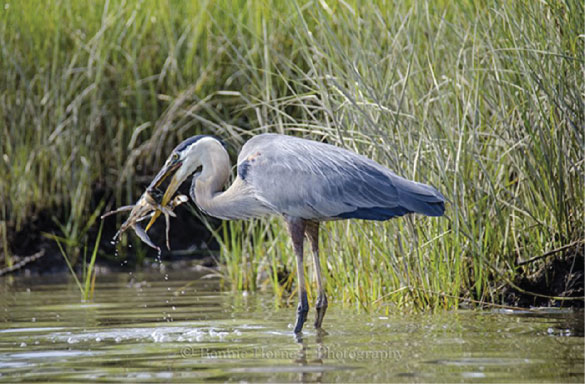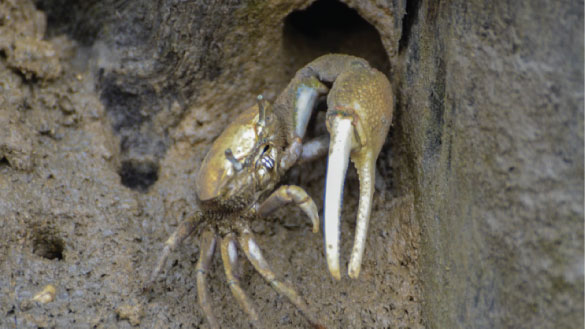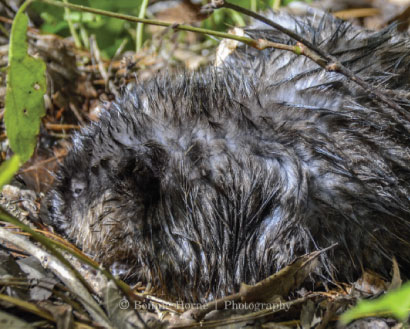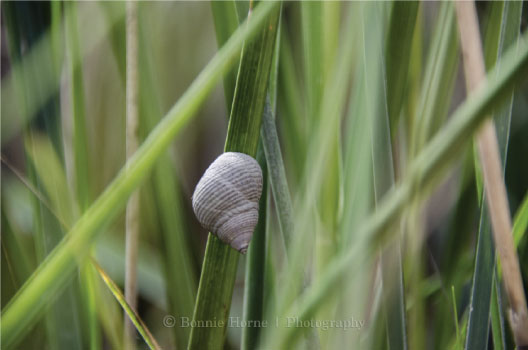LIFE IN THE MARSH
|
Though we appreciate these valuable services, it often is the drama of the park’s marsh life that that holds our attention. This unique environment is providing homes, shelter and food for a variety of birds, mammals, fish, insects and others. Watching how this unfolds--whether it is the great blue heron or great egret stalking fiddler crabs and small fish, or following a swimming muskrat on its way home--we cannot help but stop and look. And you have to look everywhere.
|
|
Don’t think the marsh is only good for plants and animals. It’s good for people too. It’s good for what ails you. So good, in fact, that some Asian cultures have recognized that simply being in wild and natural areas provides amazing healing effects and is crucial to preventive health care. Their evidence shows that the benefits may range from a boosted immune system to an increased sense of happiness. So linger a while and experience the marsh’s tranquility. There is a quiet kind of magic here that is mesmerizing.
|
|
To help you appreciate more fully the way of life of four prominent marsh inhabitants, click on the name of each for a look at their lives. After this go to the section on marsh dynamics to understand some of the factors influencing which organisms can make this their home.
|
